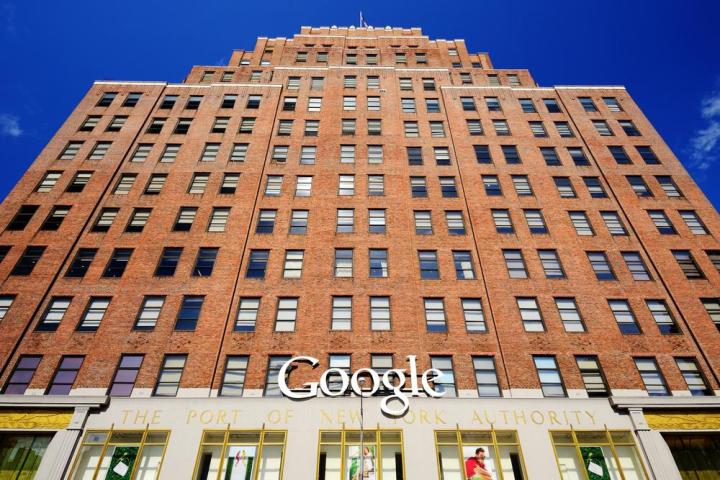
The settlement follows a similar one made by Apple at the start of the year in which the Cupertino-based company agreed to pay out at least $32.5 million to parents in connection with in-app purchases made by children through its iOS App Store.
The FTC said Google had agreed to modify its Google Play billing system to ensure clear consent is obtained from the mobile device owner regarding in-app purchases.
In a release outlining the background to this week’s agreement, the commission said that reports of unauthorized in-app purchases go back to 2011 when Google introduced in-app billing to its online store, then called Android Market. Initially, no password was required to proceed with an in-app purchase, allowing children to perform a few simple taps to execute a payment.
Related: Google adds new features to the Play Store
A year later, the Mountain View company introduced a pop-up box requiring a password to proceed with a purchase, but no pricing information was included. In addition, once the password was entered, the user had 30 minutes to make further purchases without the need to reenter the password, leaving tap-happy kids to raid their parents’ bank accounts without their knowledge. Google changed this in March, making the opening of a 30-minute window optional.
In its complaint, the FTC accused Google of unfair commercial practices, claiming it was too easy for children to make in-app purchases from apps without first getting consent from the mobile device owner.
‘Thousands’ affected
The situation led to “many thousands of consumers” reporting hundreds of dollars of unauthorized charges, the FTC said.
“For millions of American families, smartphones and tablets have become a part of their daily lives,” FTC chairperson Edith Ramirez said. “As more Americans embrace mobile technology, it’s vital to remind companies that time-tested consumer protections still apply, including that consumers should not be charged for purchases they did not authorize.”
The settlement means the Web giant will pay at least $19 million in refunds to parents and also further tighten its billing system. The FTC added that Google will contact affected customers to inform them of the refund process.
While both Google and Apple have now reached an agreement with the FTC, Amazon has so far refused to bow to pressure to go down the same path regarding its own app store.
In a bid to force the matter, the FTC in July filed a lawsuit against the company in connection with its app store policies, though the e-commerce giant maintains its practices are all above board.


